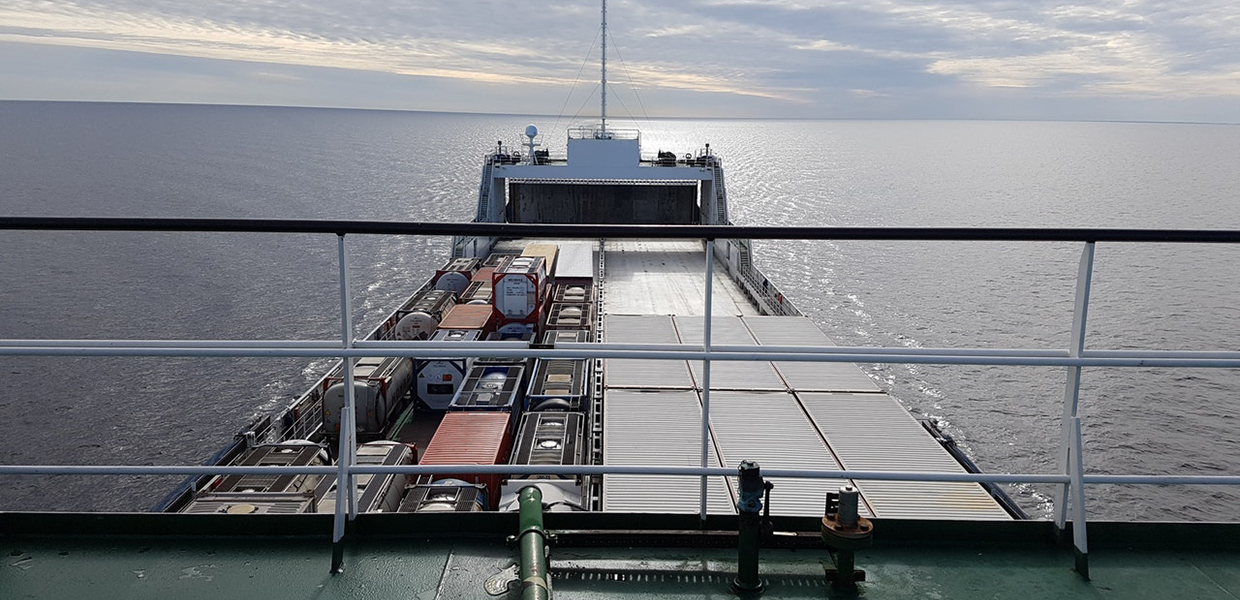“The risk of developing PTSD can be much reduced if organisations put in place measures to prevent the condition arising, to detect signs of it early on and manage it actively to prevent it progressing”. Prof Neil Greenberg, in Managing Traumatic Stress – Guidance for Maritime Organisations, 2016.
As well as taking steps to identify and reduce, wherever possible, psychological risks within maritime contexts, it is important that employers offer crew, teams and individuals the opportunity to develop skills and resources to manage risks that their role might routinely expose them to.
Trauma Awareness Training – for crew and shore-based workforce
“How should I respond when a crew member is upset after an incident – what do I say?...”
Seaways Psychology Services can offer training for seafarers and shore-based staff on recognising and managing the common psychological changes following difficult critical events.
Encouraging a positive attitude towards psychological health and well-being, this training gives those involved in the maritime industries the tools to recognise the ordinary psychological responses to extra-ordinary events and the means by which to support themselves and fellow seafarers and colleagues, when such events arise. We also provide guidance on when further support from trained psychological or health professionals might be helpful.
Participants achieve a clear understanding of what to do – and what not to do – following a critical incident, in order to respond helpfully to different levels of psychological distress, in themselves and fellow crew, colleagues or staff.
This course can be delivered as a one or two day workshop, with some flexibility for an on-line delivery.
Psychological Consultation and Mentorship for At-Risk Crew and Staff
“Stress is part of the job – what can we do to protect crew and staff?”
Working in maritime industries can be personally very fulfilling, but it can often come with risk. For those providing senior leadership, such as the Master or Chief, it can be also be a lonely job. Managing and being ultimately responsible for safety-critical operations routinely can lead to chronic stress. When traumatic events happen, the master and chief may not have the same opportunities as other crew members to manage their own human responses in the most helpful ways.
Similarly, land-based staff or visiting marine consultants, whose role exposes them to traumatic material or situations, may find that it can be difficult to switch off, taking work home with them in their thoughts. This can start to look like “burn-out”. However, over time, being exposed to distressing events or information, especially where it involves serious harm or human fatalities, can put people at risk of secondary trauma, akin to Post-Traumatic Stress Disorder.
Seaways Psychology Services can offer one-to-one consultation and mentorship aimed at protecting at-risk senior crew and shore-side staff from secondary trauma and chronic stress. Just as important as routine servicing of equipment and machinery, routine checking in with those in at-risk positions, can prevent the build-up of unhelpful ways of coping, stress and psychological unwellness.
Seaways Psychology Services can provide a regular, confidential and safe opportunity for at-risk crew and staff to understand ordinary responses to stress and trauma, process the personal impact of on-the-job encounters, and develop a bespoke plan for good psychological self-care for the future.

